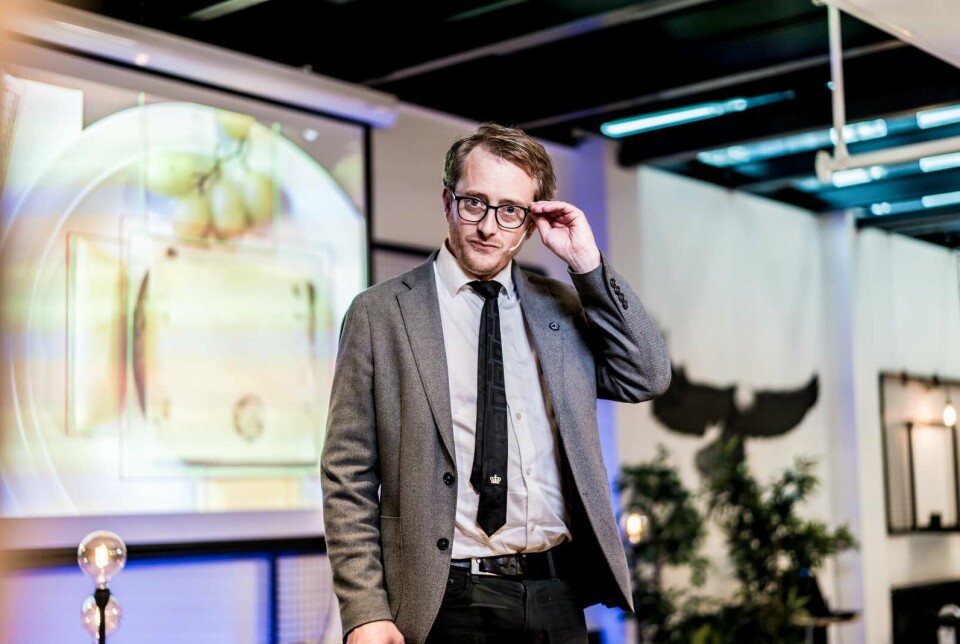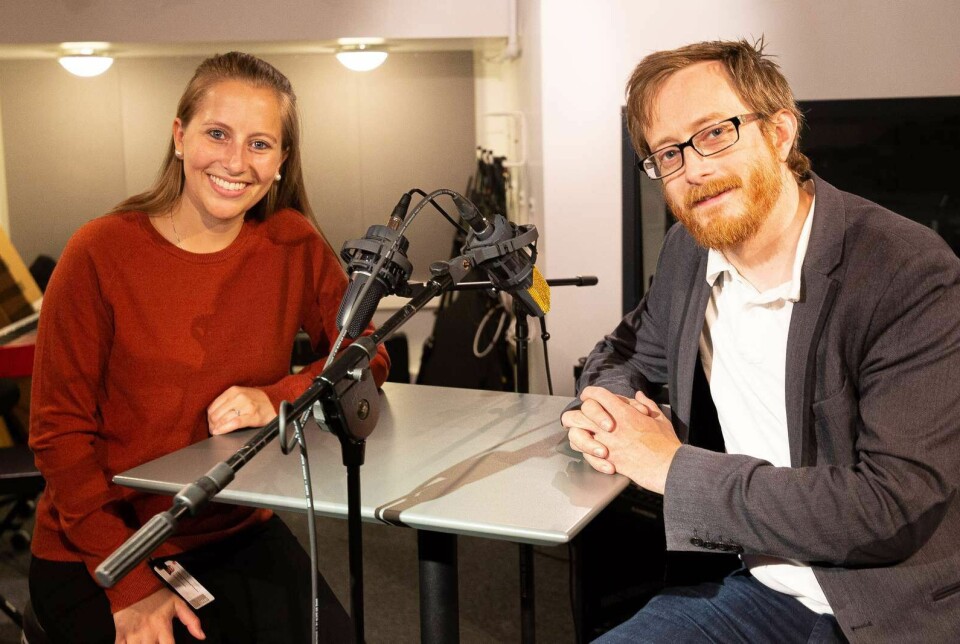THIS CONTENT IS BROUGHT TO YOU BY THE University of Agder - read more
Researcher: "Artificial intelligence will take over journalism within five years"
This is how artificial intelligence will shape the world leading up to 2030, according to Morten Goodwin.

“What we know today as newspapers will largely not exist in five years. Instead of editors, journalists, or analysts, we will have hyper-personalised news created for us by artificial intelligence.”
This is one of the predictions made by Professor Morten Goodwin.

“If someone wants to have news framed politically towards the right or left, they will get it. Of course, this is not a positive development, but we will see artificial intelligence dominate the news landscape with such bubbles,” says Goodwin.
In a recent episode of the Norwegian podcast Kunstig intelligens, Goodwin speaks with researcher Jahn Thomas Fidje from the University of Agder's Centre for Artificial Intelligence Research.
Together, they make ten predictions about how artificial intelligence will develop in the years leading up to 2030.
1. The first AI-created blockbuster will be a success
A film where artificial intelligence creates the script, animation, and music will not only be a curiosity, but a commercial success.
2. AI-driven evolution
Artificial intelligence will be used to design creatures – from microorganisms that can capture CO2 or eat plastic waste to allergy-friendly pets free of hereditary diseases.
3. The brain and machine become one
Direct communication between the human brain and artificial intelligence will be possible. Humans will be able to transfer information just by thinking or receive help from AI chips to think.
4. The machine interprets your dreams
A new technology will measure your brain activity while you sleep and allow you to play back your dreams like a movie.
5. New tests to detect AI
Tests designed to distinguish artificial from human intelligence are called Turing tests. By 2030, we will need new such tests, focusing on areas that today’s artificial intelligence still finds challenging. These could include emotional intelligence or certain types of logical problem-solving.
6. AI-driven warfare takes over
War will no longer be about traditional military forces but about cyberattacks, autonomous drones, and information warfare. In a new AI arms race, China will have the lead, but the US will catch up with a project modelled after the Manhattan Project, which led to the atomic bomb.
7. Robots clean up the oceans
Self-driving robots controlled by artificial intelligence will collect plastic in the world’s oceans.
8. Artificial intelligence edits our genes
By combining artificial intelligence with CRISPR technology to edit genes, we will have entirely new possibilities to create both designer babies and biologically enhanced humans.
9. Artificial intelligence will have a formal role in politics
Politicians and bureaucrats will rely much more on algorithms than they do today. Perhaps a future government will have artificial intelligence in an advisory role?
The Norwegian podcast episode can be listened to below:
———
Read the Norwegian version of this article on forskning.no

This content is paid for and presented by the University of Agder
This content is created by the University of Agder's communication staff, who use this platform to communicate science and share results from research with the public. The University of Agder is one of more than 80 owners of ScienceNorway.no. Read more here.
More content from the University of Agder:
-
Fear being rejected: Half pay for gender-affirming surgery themselves
-
Study: "Young people take Paracetamol and Ibuprofen for anxiety, depression, and physical pain"
-
Research paved the way for better maths courses for multicultural student teachers
-
The law protects the students. What about the teachers?
-
This researcher has helped more economics students pass their maths exams
-
There are many cases of fathers and sons both reaching elite level in football. Why is that?




































